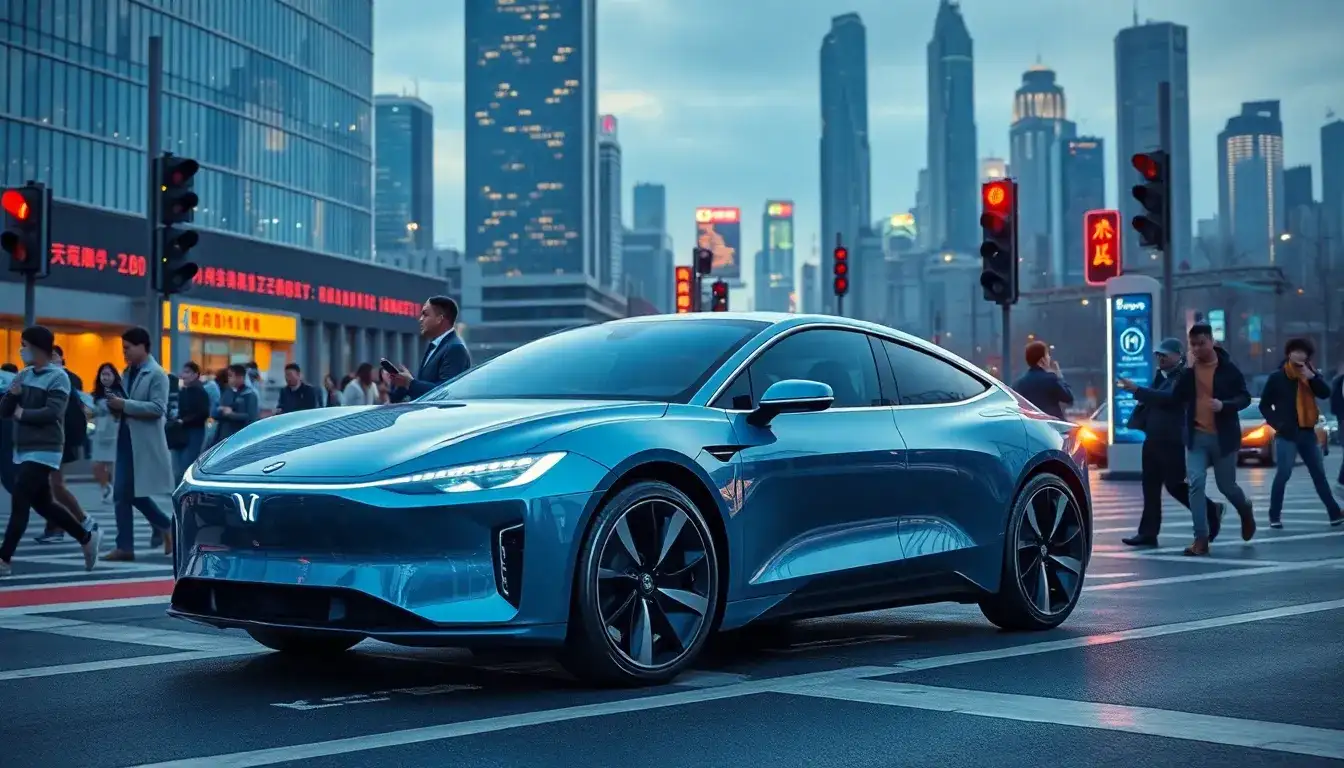
In the era of intelligent mobility, car sharing is increasingly integrated with the energy supply chain, especially in the electric vehicle (EV) sector. As a consumer, I can:
- Purchase electric vehicles online, with delivery scheduled for three working days after placing an order.
- Obtain supply chain insights from the automotive industry, allowing me to better understand the production capabilities of my chosen vehicle brand.
- Access promotional offers and resources through the relevant platforms.
The automotive industry is experiencing rapid changes, especially with a focus on electric vehicles and intelligent technologies. By 2025, it is anticipated that the market will see significant advancements in energy-efficient vehicles, driven by a robust push towards electric mobility.
Recently, during a summit involving numerous major automotive manufacturers, discussions were held regarding the future of intelligent electric vehicles and AI integration in production processes. Key topics included:
- AI technology’s crucial role in the automotive supply chain.
- The opening of new pathways for intelligent transportation and logistics.
- Cooperation between manufacturers and suppliers to streamline production processes.
- Adapting EV manufacturers to the changing market demands.
AI technology is being viewed as the cornerstone of automotive advancements, particularly in enhancing production efficiency and quality. The integration of AI is not just about automation but also about improving the overall driving experience and vehicle performance.
As electric vehicles become more mainstream, manufacturers are exploring various strategies to enhance their market presence. The increasing demand for EVs is evident, with sales projected to reach new heights as consumer preferences shift towards sustainable transportation.
For instance, a recent report indicated that the sales of electric vehicles in China are expected to exceed 60% of the total market by 2025, reflecting a significant trend towards cleaner energy consumption. This shift is not limited to personal vehicles but extends to commercial fleets as well, as businesses seek to align with environmentally friendly practices.
Moreover, emerging technologies are enabling manufacturers to reduce production costs and increase the efficiency of electric vehicles. Companies are investing heavily in R&D to ensure their products meet the evolving needs of consumers while maintaining competitive pricing.
As we move towards a more sustainable future, collaboration among automotive manufacturers, tech firms, and energy providers will be essential. It is imperative to ensure that the supply chain remains robust and flexible, adapting to the fast-paced changes within the industry.
In conclusion, the landscape of the automobile industry is evolving rapidly, with a clear trajectory towards intelligent electric vehicles. The integration of AI and advanced technologies will play a pivotal role in shaping the future of transportation, ensuring that manufacturers meet both market demand and environmental standards.
For more insights and updates on the automotive industry, please stay tuned to our ongoing coverage and reports.







